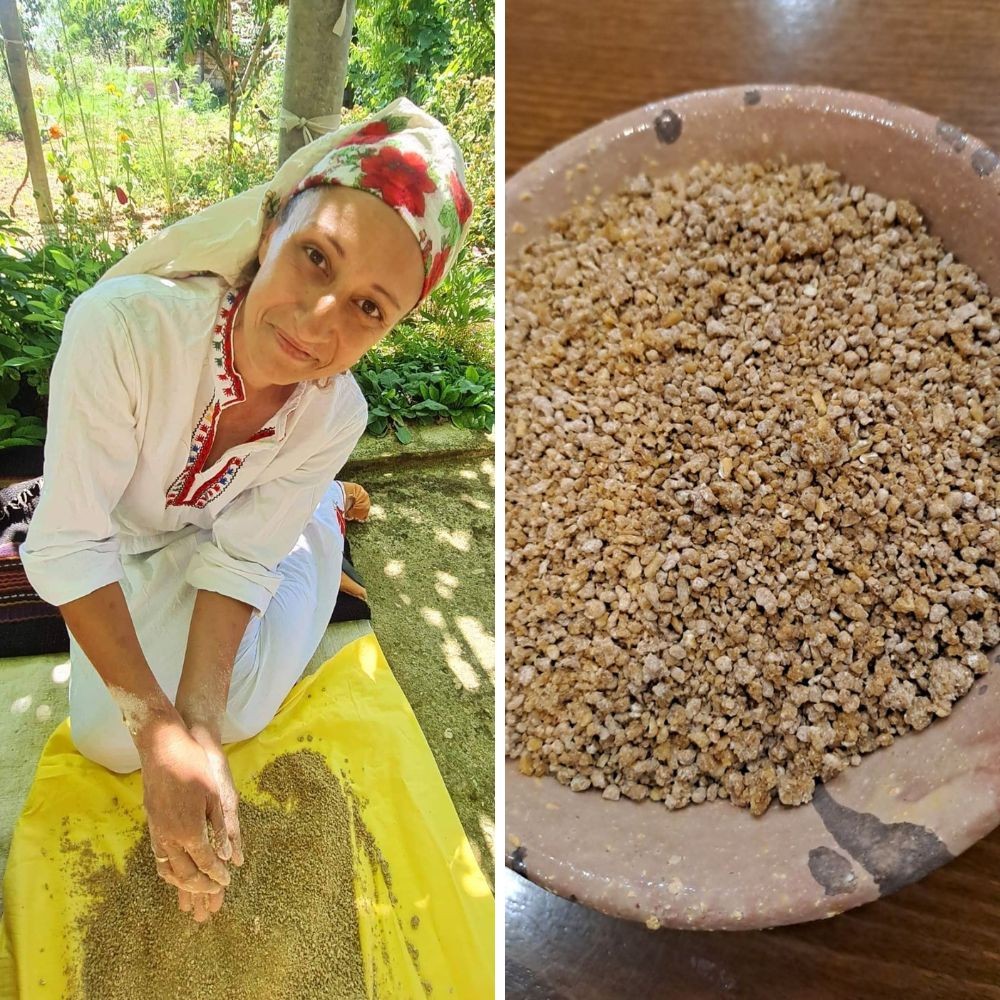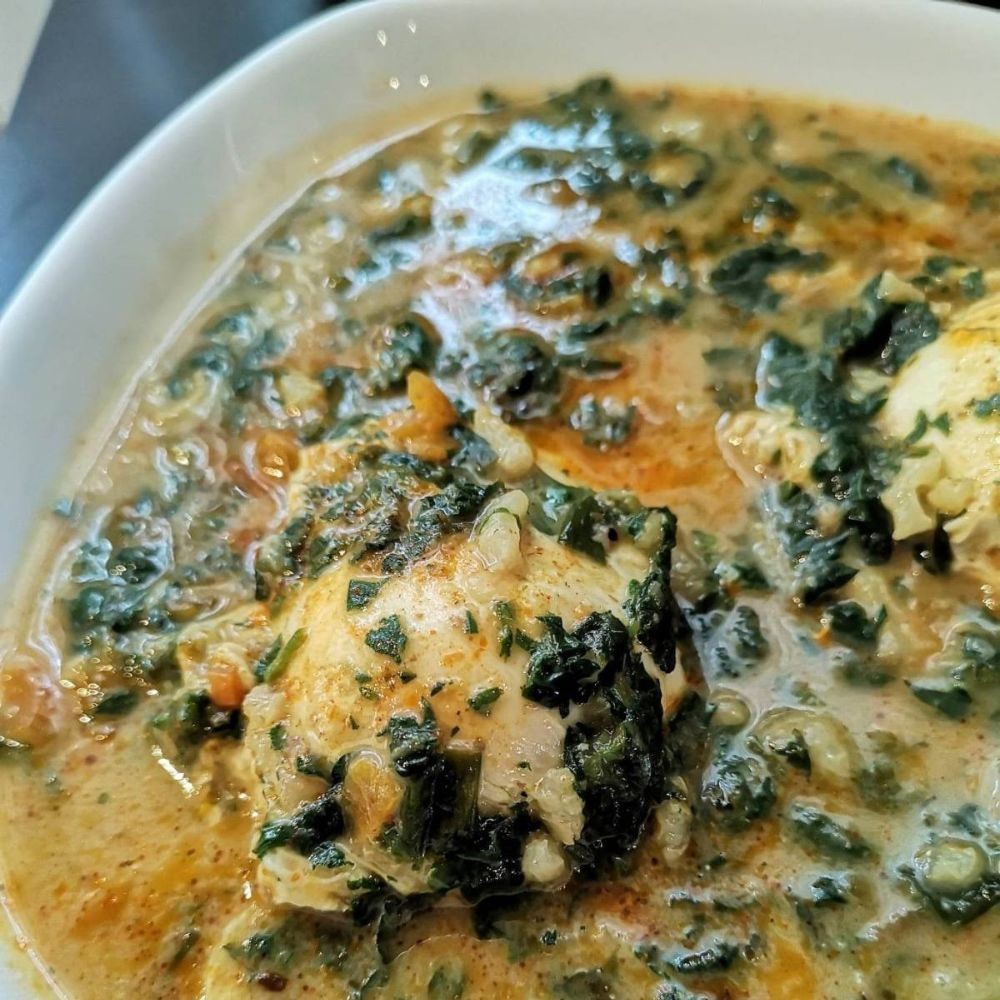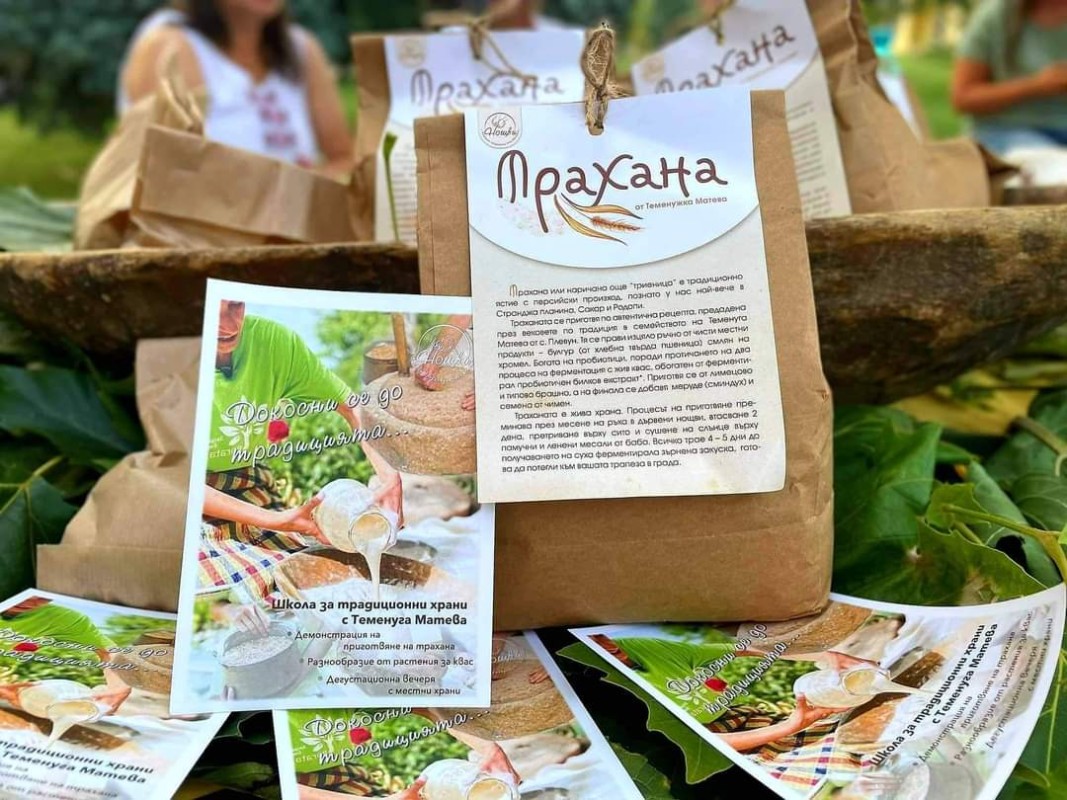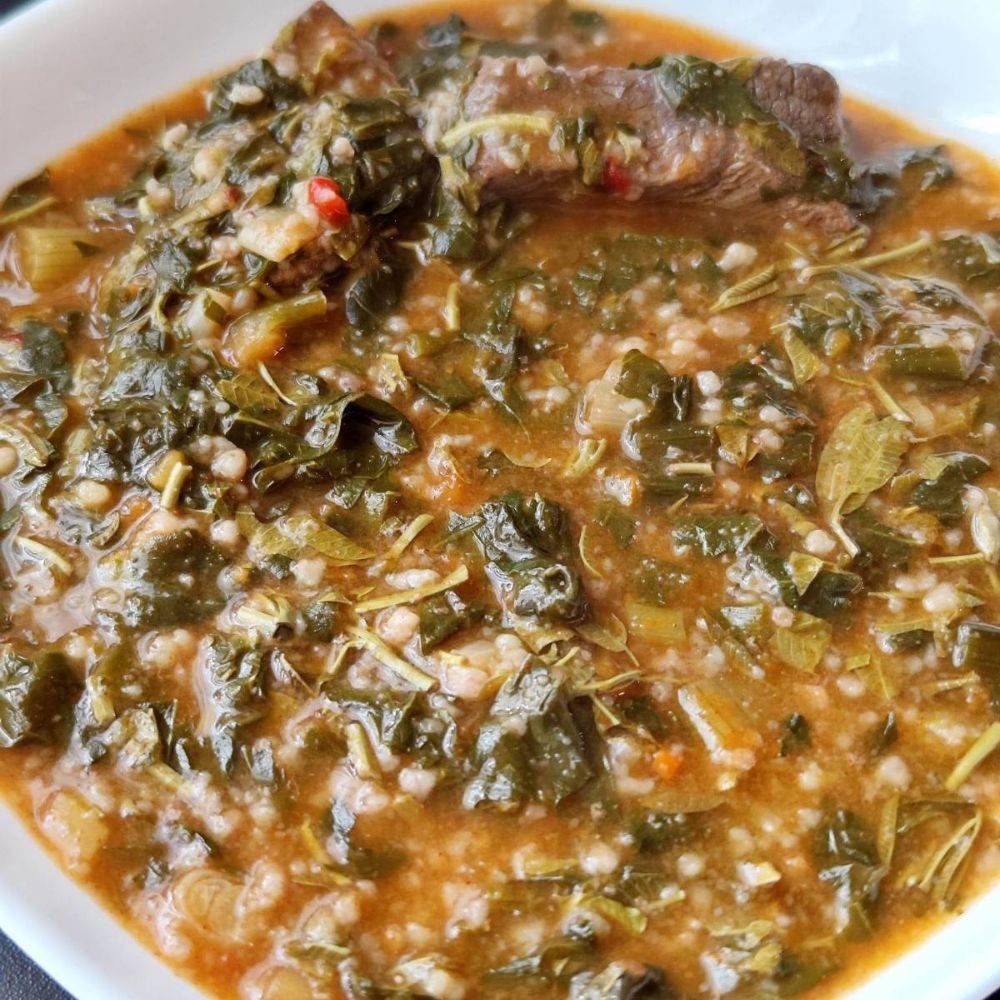



Serbia reports drop in migrant numbers and closes refugee centres The Serbian Commissioner for Refugees and Migration, Nataša Stanisavljević, has announced that the number of migrants in the country has decreased by 80% and that it has been decided to..
A fifteen-hour programme of authentic Rhodope music will resound in the Ilinden meadows from today until Sunday on the occasion of the traditional local Ilinden Fair in the village of Gela. Thousands of visitors are expected to come to see the bagpipes,..
For the 15th consecutive year, the "Miracle Worker of Rila" pilgrimage gathers Orthodox Christians from near and far to walk from Sofia to the Rila Monastery. The Holy Metropolis of Sofia announces on its website that the pilgrimage is organised with the..
For the 15th consecutive year, the "Miracle Worker of Rila" pilgrimage gathers Orthodox Christians from near and far to walk from Sofia to the Rila..
Serbia reports drop in migrant numbers and closes refugee centres The Serbian Commissioner for Refugees and Migration, Nataša Stanisavljević, has..
A fifteen-hour programme of authentic Rhodope music will resound in the Ilinden meadows from today until Sunday on the occasion of the traditional local..

+359 2 9336 661
